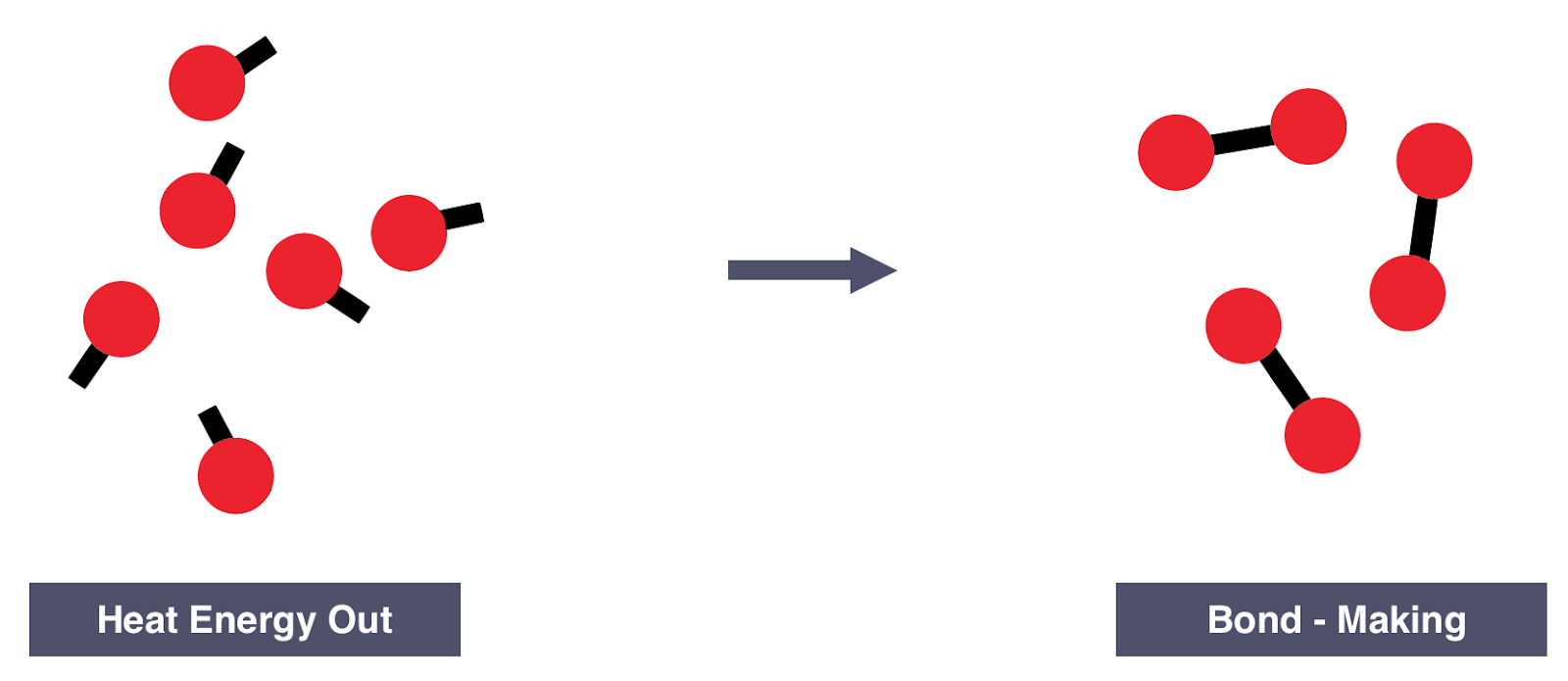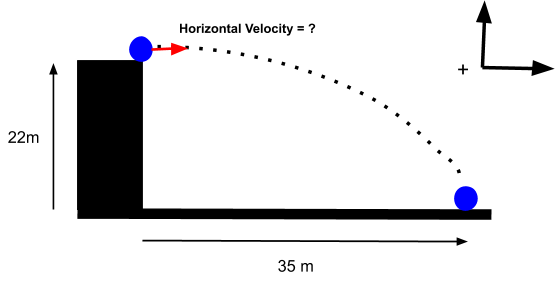When I was seven years old, a woman named Faith came to my home and evaluated me for Attention Deficit Disorder (ADD). She put a card in front of my face and asked me what I saw. I thought this was something every student had to do. I didn’t know I was being tested for a disorder whose symptoms include attention difficulty, hyperactivity, and impulsiveness.
Sitting still while playing with little red and white cubes was difficult for me, but afterwards I didn’t think much of the torturous six hours I had spent with Faith. Five years later I went through another testing regimen. This time the test administrator told me to write a single page about my favorite hobby. As a twelve year old, sitting down and writing a whole page felt like an enormous task. I sat there clicking my pen while my foot tapped on the floor. When the test ended, I listened in on the conversation that the adults had about me. I overheard the administrator saying that it was the same diagnosis as five years ago. I had no idea what she was talking about.
A few weeks later, my parents told me about ADD. For years, it seems, I’d had a disorder that made me feel spaced out, and no one told me or did anything about it. My brain blocked out all noise and everything that was going on around me. I would have tunnel vision on one spot, and I could stare at that spot for minutes without even realizing it. I asked my parents if there was medication I could take. They told me there was, but they wouldn’t allow me to take; they were worried I might “lose my personality”. Teachers recommended the medication on several occasions, but my parents said no. So I had to learn how to deal with ADD by myself.
I never felt the need to do anything about it until I was in high school, because I didn’t think it would affect me academically, but even then I had no idea what to do. Though I realized I would be sitting in class spaced out and falling behind, I wasn’t sure how to maintain my focus and stay attentive. I felt I couldn’t succeed like the other students because I wasn’t able to pay attention. I spent many days blocking out the world and not being able to focus. After struggling through freshman year classes, I knew I had to make some changes.
I would start to take color-coordinated notes so I would feel more “entertained” in my classes, which ended up helping my grades, as well as my ADD. This was the first step to solving my problem of spacing out and falling behind. Throughout Sophomore year, my grades went up from the previous year, but I still felt I could do better. My junior year, I had the drive to do well in school, so I met with teachers more often so I could improve in each individual class. I wanted to prove to everyone that I didn’t need to be on some medication that would dampen my personality. That year I earned my grades and I finally felt good about myself and my accomplishments. I learned about myself: I didn’t know my strong work ethic existed in something other than sports. I would became more aware of when I was spacing out. When they were beginning to happen and I would control myself and over time was able to shorten them until they were no longer existent. I was more cautious of what I was doing during my class time and would make sure I stayed focused. I’m so thankful for succeeding in school while still being able to be who I want to be, without being on some medication.




